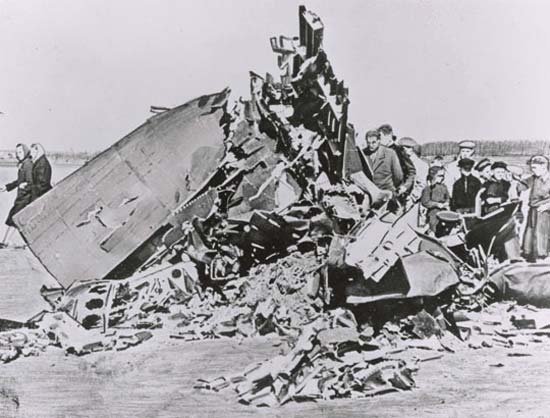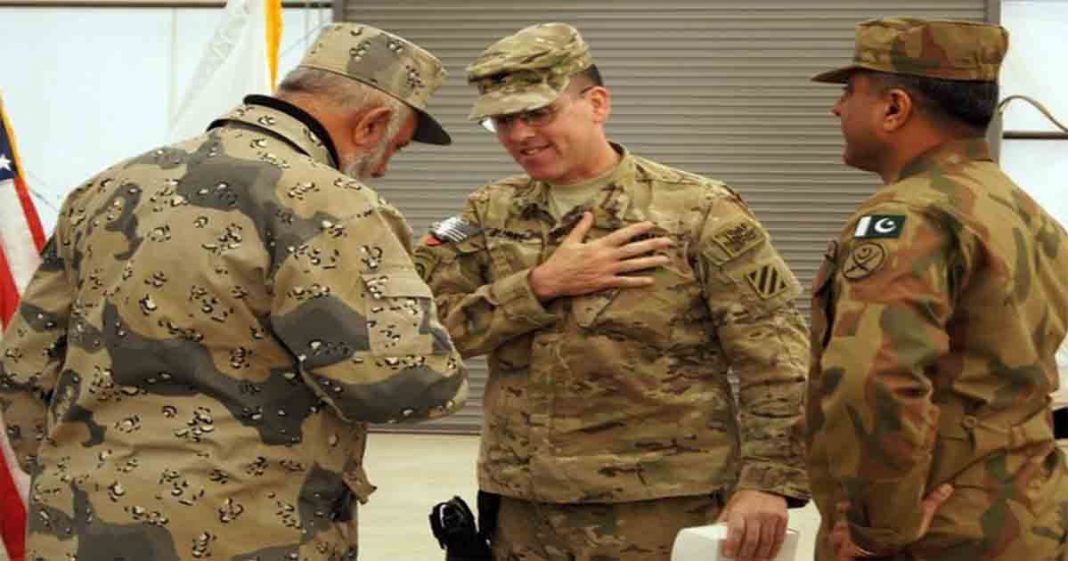While Pakistan initially denied any military support to the US post the Afghan peace process, Washington just announced to the contrary. While this has considerable implications for the countries future relationship, Pakistan’s other allies will react strongly to it.
Pakistan and the US have always had a love-hate relationship. The term ‘it’s complicated’ would do little justice to its dynamics. From being the chummiest of friends to finding each other on opposite sides of conflict, it can never be safely assumed when things might get better or worse again.
The pivotal point of their friendship, for the most part, has always been Afghanistan. The US needed Pakistan as a launching pad into the country, while Pakistan needed all the international support, especially from the superpower, it could get.
However, now post the Afghan peace process, the question arises if the partnership will endure and for how long. The US has requested to maintain its airbases in Pakistan in order to support its efforts against terrorism in the region.
Ever since 2016, there had been virtually no military cooperation between the two countries as things started to deteriorate after 2011 when the US launched a covert operation into Pakistan, assassinating Osama bin Laden. It was kept a total secret from Pakistan and was seen as a violation of its sovereignty.
While last week Pakistan completely put down the notion by categorically denying any military aid to the US, only today David F. Helvey, Assistant Secretary of Defence for Indo-Pacific Affairs, announced that Pakistan had agreed to their request.
Read More: Afghan Peace enters a crucial phase: Challenges Ahead?
“Pakistan has played an important role in Afghanistan. They supported the Afghan peace process. Pakistan also has allowed us to have overflight and access to be able to support our military presence in Afghanistan,” Mr. Helvey said.
There were already plenty of rumors that Pakistan’s intentions to build a new airbase in the Nasirabad area of Balochistan province hinted towards this. The proposed airbase would be in the perfect position to allow the US strategic military access into the region.
Quite a BIG meeting in Geneva between US and Pakistan as sources confirm that NSA @YusufMoeed meets US counterpart @JakeSullivan46 in Geneva – FIRST High level, in-person contact between Pakistan and New US administration.
— Anas Mallick (@AnasMallick) May 24, 2021
There was also a high-level meeting in Geneva between Pakistan’s newly appointed National Security Advisor (NSA) Moeed Yusuf and his American counterpart Jake Sullivan focusing on Afghanistan and the US’s departure from it.
This announcement, however, does have far more implications than just military cooperation between the countries. China will most likely not buy the rationale that this move is directed solely towards the situation in Afghanistan.

China which is already facing a ‘strategic containment strategy’ from the US, will surely see this as another step towards that direction. With India, a close ally of the US and China’s economic rival in the region, already a significant part of the strategy, China can’t afford Pakistan to be a part of it.
With significant investment into Pakistan through CPEC and providing critical facilities such as military cooperation, soft loans, and diplomatic support, Pakistan cannot risk losing the support of its ‘Iron Brother.’
Not only China but Pakistan’s other allies, namely Iran and Russia, will also not be in favor of the move. Iran already has strained relations with the US ever since the Trump administration backed out of the JCOPA deal and is one of Pakistan’s primary sources of importing Hydrocarbons.
On the other hand, Russia has historical evidence of just how threatening the Pakistan-US ‘friendship’ can be for it. The infamous 1960 U-2 incident left a permanent scar on Russia’s relation with Pakistan, and this announcement will act as sprinkling salt on an old wound.
It is high time that Pakistan needs to decide that whether it will move on from the US and look towards strengthing ties with its other allies or stumble back into the never-ending pit of ‘Do more.’














